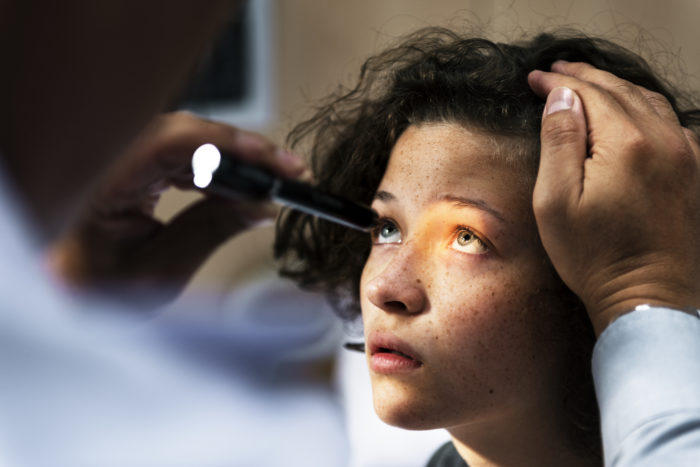A new study predicts an alarming increase in global vision impairment.

The review of more than 500 studies found that the number of people who experience blindness and vision loss is likely to double by 2050. The finding suggests that advancements related to eye health may not be keeping pace with need.
On the positive side, blindness among people over 50 has fallen nearly 30% during the last three decades. This decline is due in large part to the increased availability and use of cataract surgery worldwide.
Due to population growth, however, the actual number of people who are blind has increased by more than 50%. Today, roughly 338 million people experience blindness or severe vision impairment.
“We face enormous challenges in avoiding vision impairment as the global population grows and ages,” said the study’s author, Professor Rupert Bourne of Anglia Ruskin University. The World Health Organization echoes this sentiment. It notes the same two factors, population growth and aging, “are expected to increase the risk that more people acquire vision impairment.”
Some vision impairments such as nearsightedness are easy to diagnose and treat for the relatively low cost of an exam and glasses. Others are harder to diagnose and more expensive to treat – like age-related macular degeneration, which causes retina damage.
The value of vision care extends beyond just seeing clearly. Vision impairment can lead to depression and isolation, and it can increase risk of falls. Vision impairment is also associated with reduced employment opportunities and economic advancement.
For all of these reasons, it is vital to keep access to vision health and advances in the field on pace with other areas of health care. As the 2050 prediction demonstrates, failing to do otherwise could have disastrous global results.

